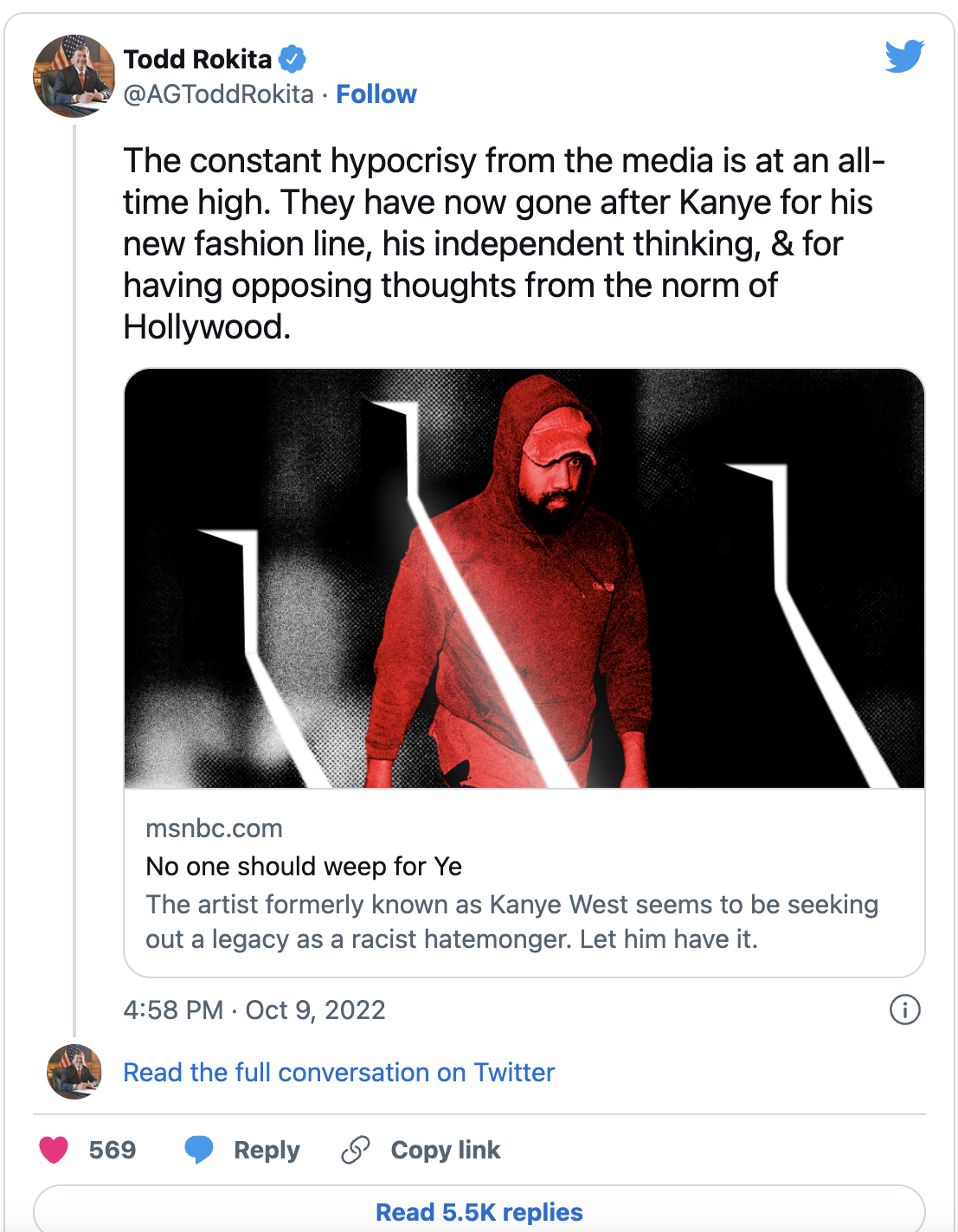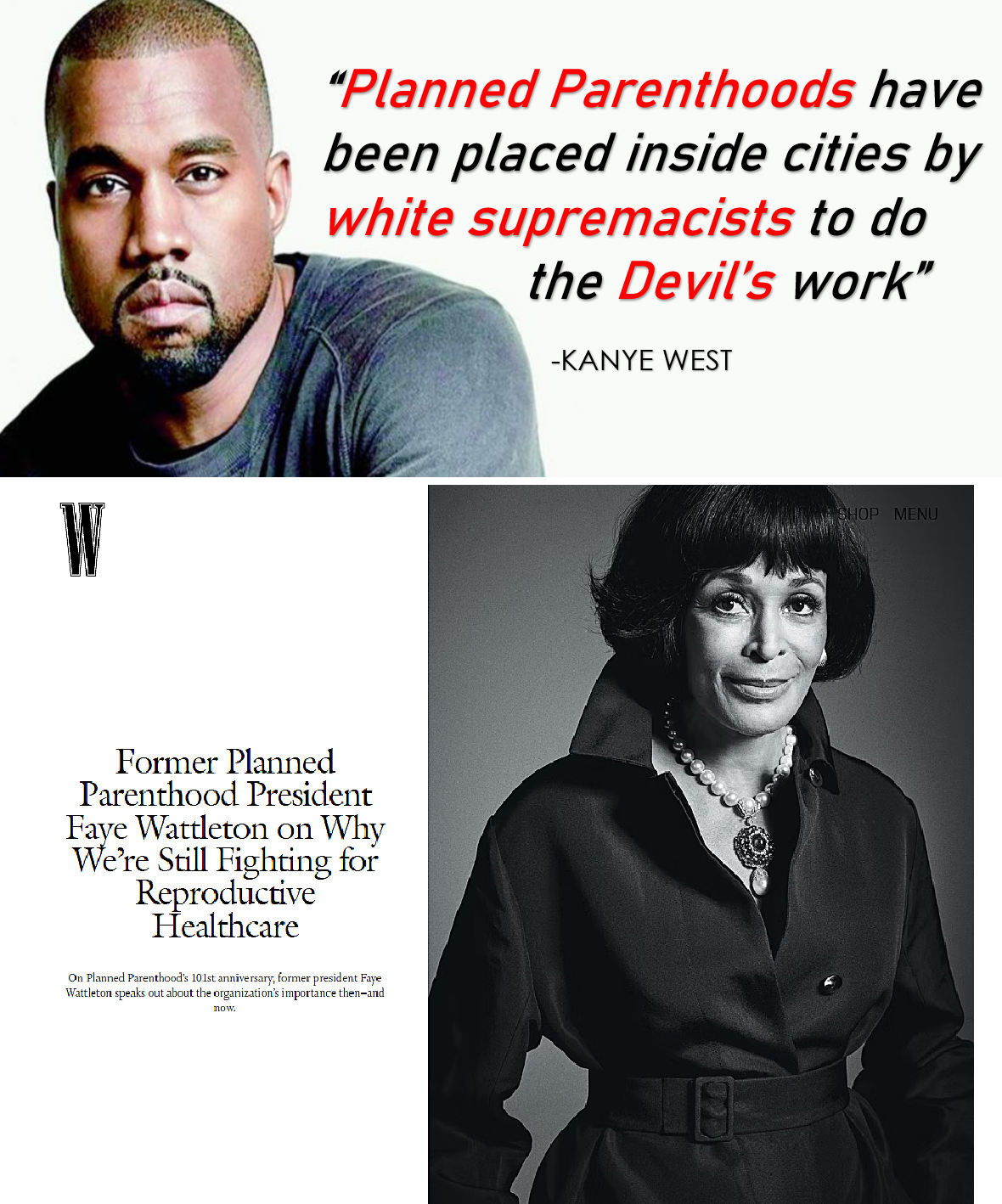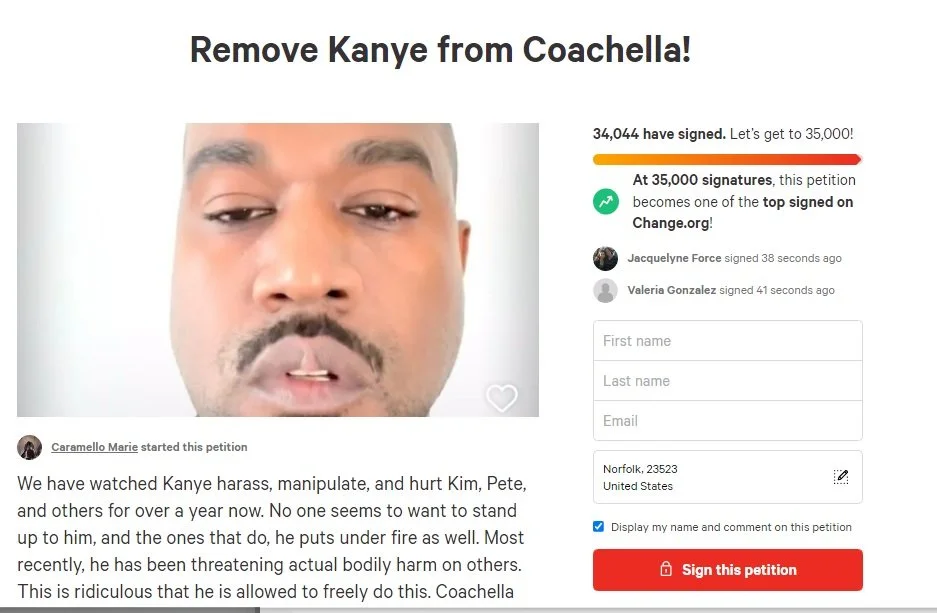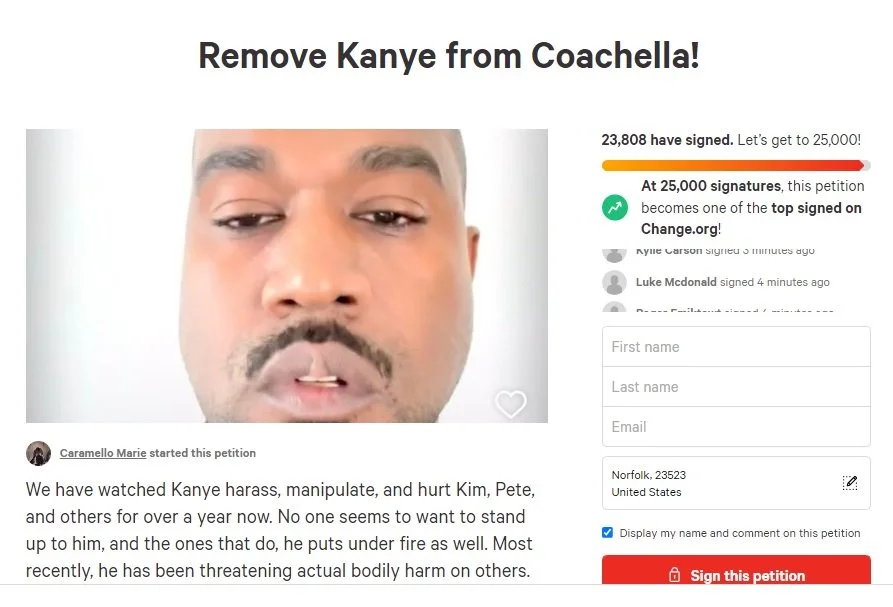Right-Wing Bogeyperson Alexandria Ocasio-Cortez Challenges Sen. Joe Manchin's Energy Committee Role
/Alexandria Ocasio-Cortez has not come quietly to Washington, even though she is the right-wing’s chief bogeyperson, as they track her every move. Writing for GQ, Jay Willis says in Alexandria Ocasio-Cortez’s Twitter Presence Is a Blueprint for 2020 Democrats::
Now that she is a real-life congresswoman-elect and no longer the hypothetical embodiment of their worst nightmare, right-wing media's fixation on Ocasio-Cortez has metastasized from standard-issue fearmongering to a transparent, desperate obsession. Over the past few weeks, earnest dunk attempts from aspiring Twitter celebrities have centered on her correct opinion that Election Day should be a national holiday; her accidental use of the word "chambers" instead of "branches"; her reluctance to pay rent in two of the most expensive cities in America at the same time; and, of course, her possession of multiple pieces of cold-weather clothing, which was meant to suggest that she must secretly be rich, because as everyone knows, Merriam-Webster defines "working-class" as "owning only one coat."
Politico writes Monday that Ocasio-Cortez is leading a group of progressives very unsettled by the prospect of West Virginia Democrat Sen. Joe Manchin assuming a minority leadership position on the Senate Energy and Natural Resources Committee.
At a Friday rally outside the Capitol, Ocasio-Cortez joined other Democratic lawmakers and other incoming Democratic freshmen, arguing that allowing Manchin to become the ranking member of the Energy committee would undercut the momentum behind their "Green New Deal" proposal that calls for transitioning to 100 percent renewable energy sources within a decade of initiating the plan.
“The vast majority of Americans believe that we should not be taking money from the industries that we are legislating and really presiding over in our committee work, but in D.C. that’s a controversial opinion,” Ocasio-Cortez said alongside youth climate activists from the Sunrise Movement.
Manchin, who has a 47 percent lifetime score from the League of Conservation Voters Joe Manchin has a steady — and expected position given that he’s elected to support voters in his coal country state — regularly accepts election campaign contributions from the fossil fuel industry.
Supporters of the Green New Deal say the activism that propelled candidates like Ocasio-Cortez to Washington underscores the citizen support for action on climate change. The argument gained momentum with federal scientists from 13 agencies last week issuing a report forecasting dire economic and physical consequences across America if greenhouse gas emissions continue rising.
“A decade ago it was a little easier to hide behind, ‘I’ve got a state where we can’t do this,’” Rep. Chellie Pingree (D-Maine) told POLITICO after the event, noting her Maine delegation colleagues Sens. Angus King (I) and Susan Collins (R) often side with Democrats on climate issues. “It may be hard for Joe Manchin to be there, but I think there’s going to be a lot of other colleagues who say, ‘Hey, this needs to be on our agenda, we’ve got to move forward with some legislation.’ And they could be on both sides of the aisle.”
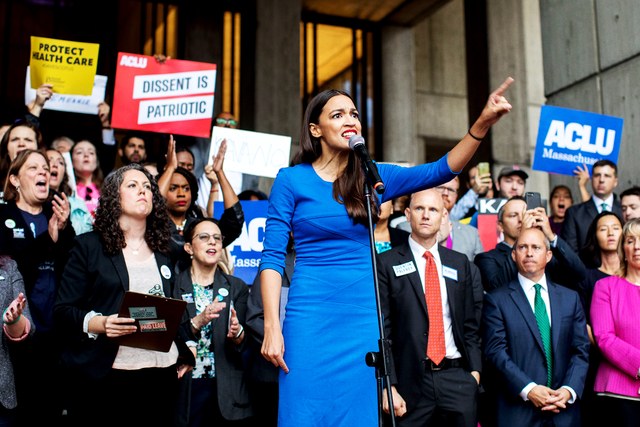

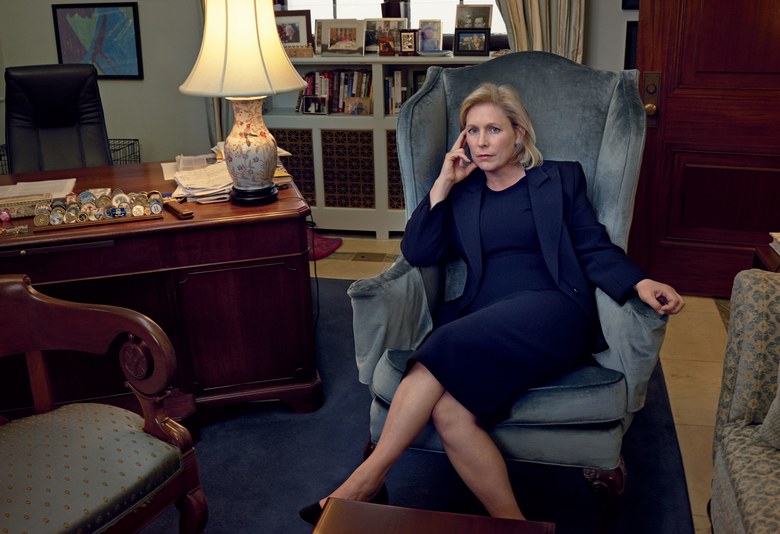










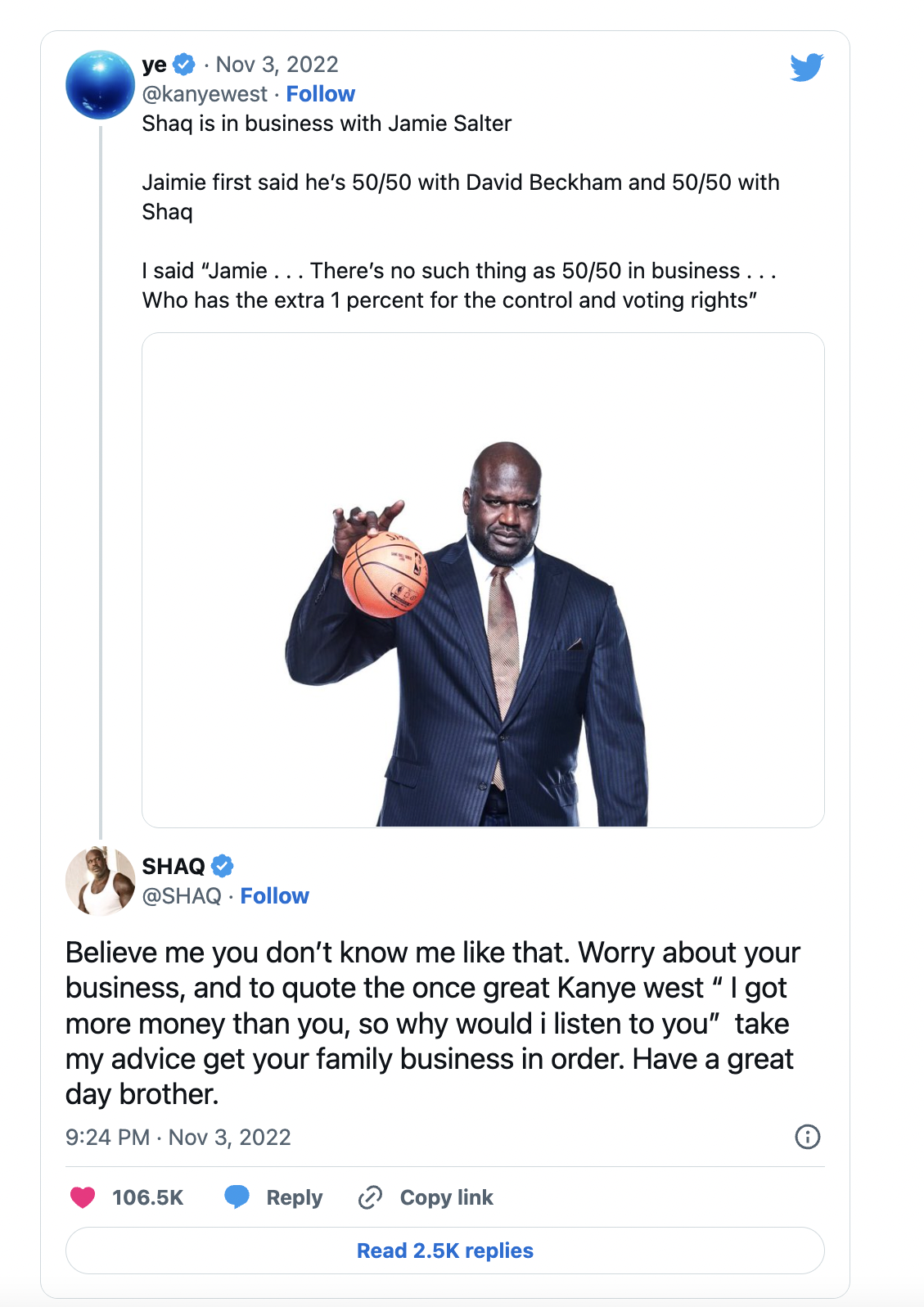










![Kanye West's [aka Ye] Refusal to Treat His Mental Illness Is No Excuse For His Anti-Semitism](https://images.squarespace-cdn.com/content/v1/55f45174e4b0fb5d95b07f39/1666238183530-4WVG9SNG88HTSKQ0WWDV/Is+Kanye-West-Running-Out-of-Platforms.png)
